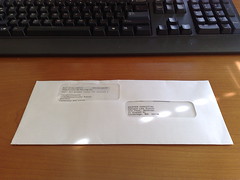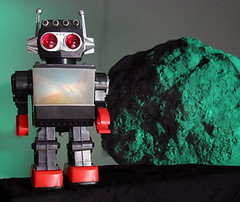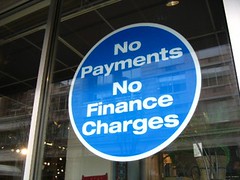
My wife and I are in the process of adopting a yellow lab puppy. We are considering pet insurance for this new addition to our family. Especially, after our cat Gabby had a hyperthyroid problem that cost us over $900 last year.
I have done some preliminary research and found that the average life expectancy of a dog is about 12 years according to the SPCA. The statistics from the AAHA, APPMA, and the AVMA show the average health care costs for dogs to be about $550 annually. Approximately $146 of that is directly due to annual physicals. This amount seems extremely high to me, but it was sourced on many sites.
Utilizing this data, the average cost to maintain a dogs health is about $45 a month.
[12 years x $550 per year = $6,600 per lifespan = $45 per month ]
Pet Health Insurance Plans range between $25-$50 a month depending on the size of dog, and type of coverage. Each plan has deductibles, and exceptions that are not covered.
If this is correct then I would pay roughly same amount regardless of whether I had pet insurance plan or not. Also, by having insurance plan I limits myself to the terms of the plan, and lock myself into a $6,600 debt even if my dog require less medical care. If I were to put that same $45.00 a month into a savings account, then it could grow to $7800 at 3% after 12 years. I know that expensive operations exist, but they are rare, and usually just prolong the inevitable.
In order to test other variables, I conducted a brief survey with my friends and family about their dogs. Only a few had one or two times they might have spent $300-$400 dollars for an injury during the lifespan of the dogs. That is nowhere near the amount to justify pet insurance. I also learned by recomendation that programs like 1-800- Petmeds really can save you money, since a veterinarian will charge you top dollar for prescription medications. This supports my notion that Pet Insurance is not necessary.
After everything I have learned, we will not be getting Pet Insurance for the puppy. Some people feel the need to spend $20,000 dollars to keep their 18 year old cancer ridden dog alive for another 6-12 months out of guilt, but this is more of a emotional decision and not practical.
It may sound heartless to choose saving money over pet insurance, but remember whether my dogs medical bill costs a few hundred dollars, or a $20,000 treatment is always an option.



















